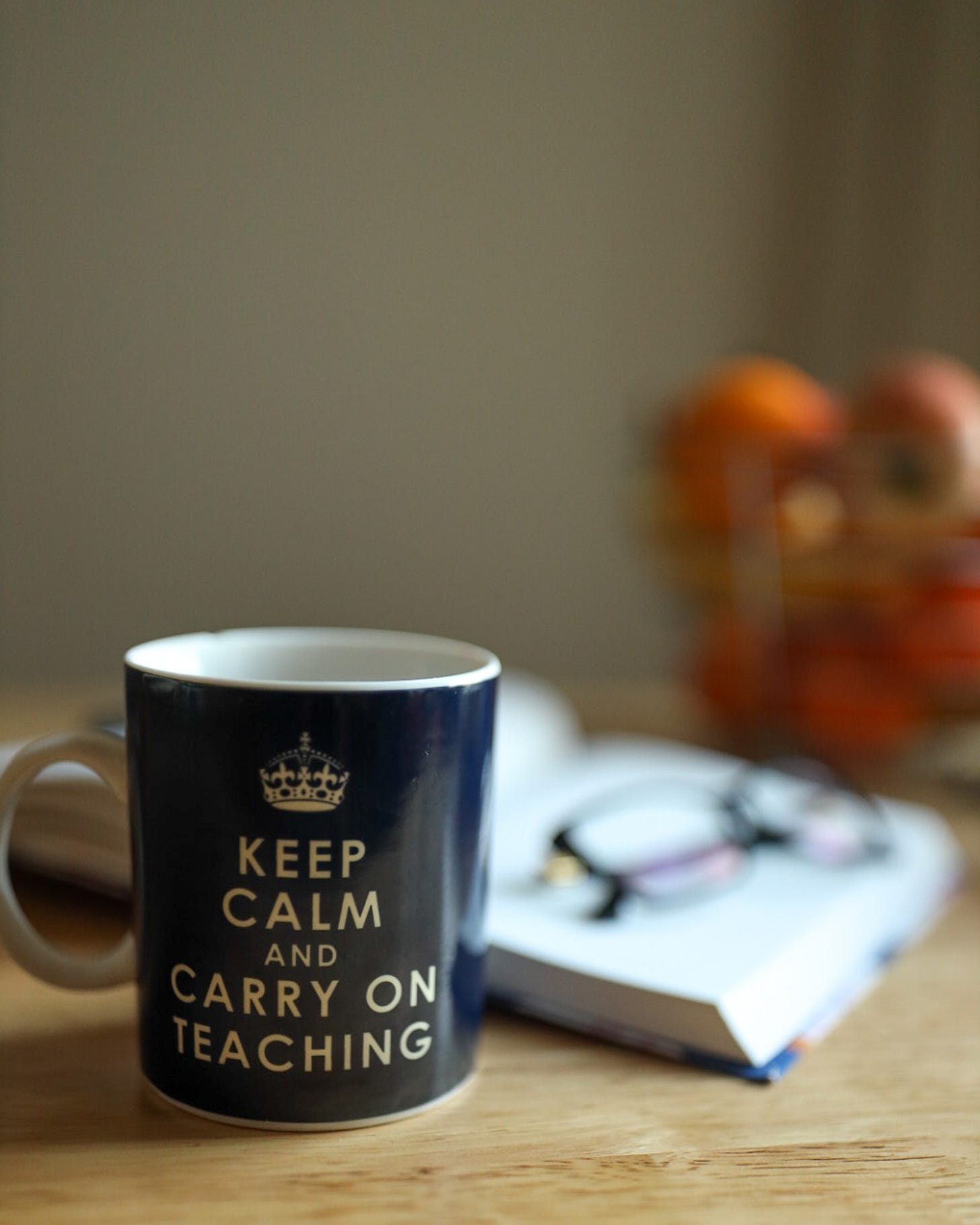I’ve been away from my Substack writing for a few months because..
I was working, of course!
The semester has ended; I had to submit my grades by December 19th. And so now I’m trying to get all the things done that I couldn’t get done during the semester: get the car fixed; get my hair cut; shop for Christmas gifts; go to the doctor; hang out with friends; read; write; clean out my inbox (I’m now down to 121,397 messages in my inbox).
And one of the things I wanted to read was this award-winning essay by one of my former students, Chris Bousquet.
This essay, published on the American Philosophical Association’s public philosophy blog, argues that most Americans spend so much time working that our sociality is compromised. In his words, “Workers feel powerless and unfree in their social lives, in thrall to the workist culture and the habits it demands, unable to reorient their lives to prioritize free social activity without risking their careers, livelihoods, and identities. Their social lives therefore appear alien to them, not spontaneous loci of connection but overstructured tasks, not essential parts of their lives but rather mere interstices between bouts of work.” He does not address the ways in which our work structures our friendships, though, which some critics of work culture find more insidious.
And it seems that work friendships are valuable to us, as this story on NPR argues. They make us happier—our social lives and our work lives come together. But, critics argue, that’s exactly the problem—we become more willing to go to work, stay at work, continue to work because our social lives are entangled with our work lives. ‘Happier’ is a neo-liberal trap, as is ‘passion’ and ‘creativity’.
But, as some of my retired friends have pointed out to me, ‘work’ does not equal ‘job’. One might have a job that one thinks of as simply what one does for pay. One’s work might be something else: writing, political work, church work. Critics of the advice that one ought to “do what one loves” say that this makes jobs more important than they should be to people, and that people who look to their jobs for meaning and sociality are more easily exploited: they will accept lower pay; they will put up with more and more surveillance; they will stay in jobs that have changed so much since they began them that those jobs no longer offer the same meaningfulness that they did before.
And yet, it seems that, from the first-person perspective, it’s better to have friendships in your workplace than not. The people I know who don’t have friends where they work might be less easily exploited, but they also dread going to their jobs and their offices. The third-person, objective perspective of the critic might be more politically savvy, but it seems too pat to me, and misses the values that one might be able to see only from the first-person perspective. That, of course, doesn’t help us decide which perspective is better or truer, but it does at least acknowledge that the questions about jobs and work do not have simple answers. We might think that the first-person perspective is a form of false consciousness and that it is dangerous to focus our attention there. True enough. But we also might want to recognize that work and jobs are part of adult life and that they aren’t going away any time soon, even if we think it should be less central to our lives than it is. A world without work is not a human world. Our sociality and our work lives might not be so easily disentangled (sorry, Chris—but you know that sometimes we teachers feel compelled to disagree with our students.)




